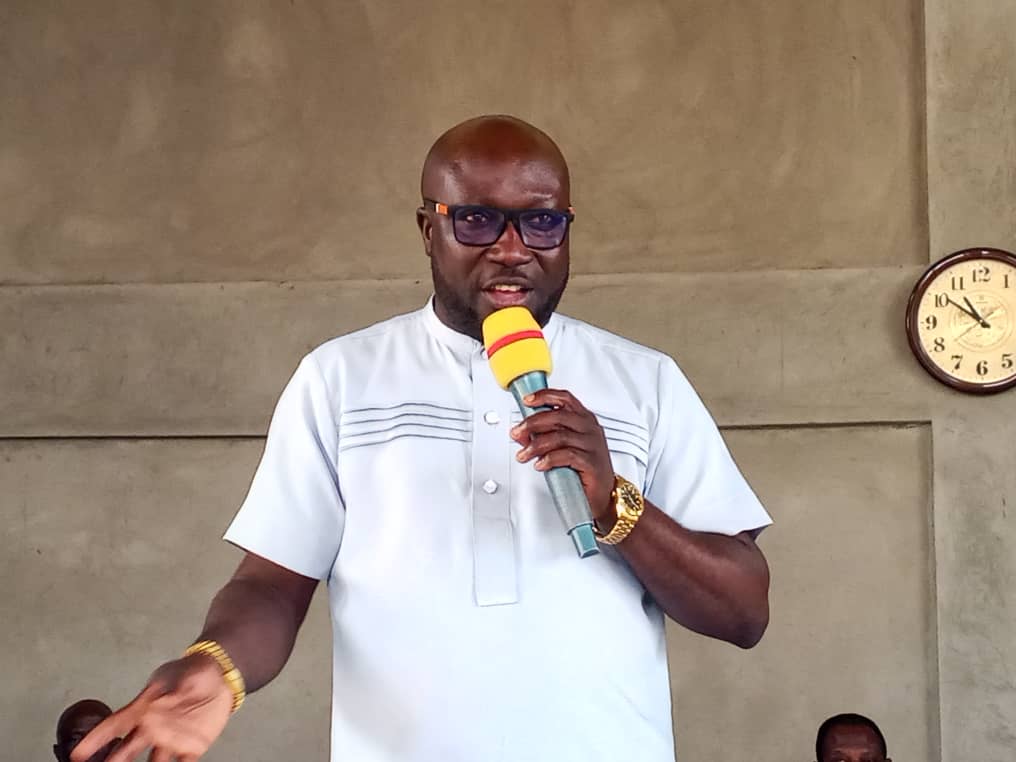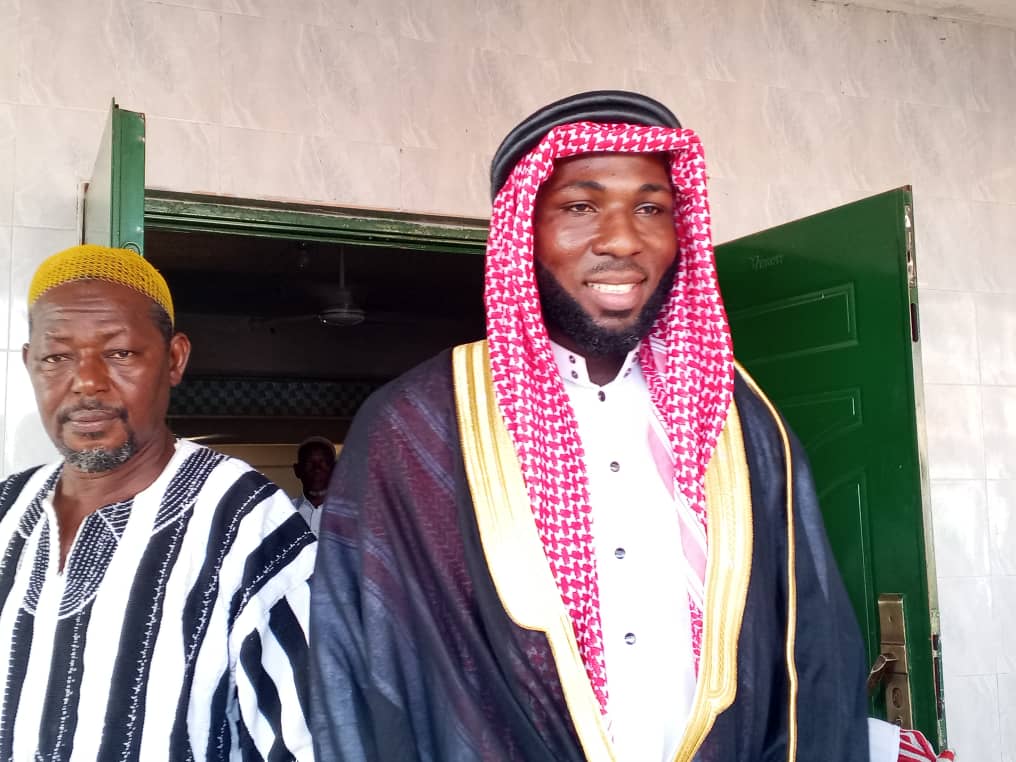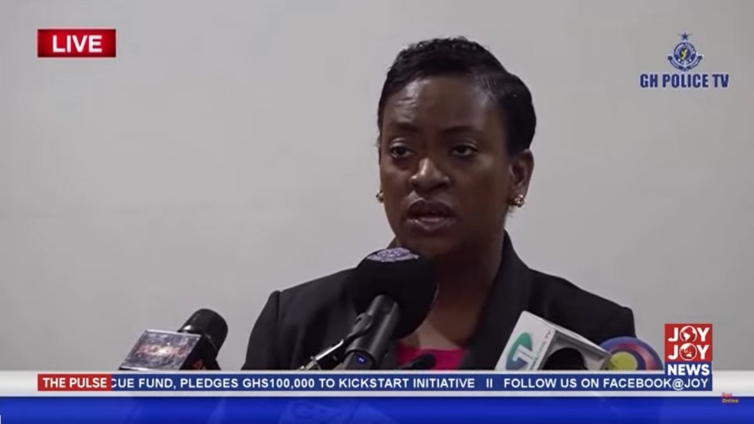Sekondi is a city that has been synonymous with Takoradi over a long time especially, since the two cities became the twin capital of the Western Region. The histories of the two cities are also intertwined, revolving around the sea.
In an interview with The Chronicle, the Shama Ahanta East Metropolitan Assembly (SAEMA) Chief Executive (MCE), Philip Kwesi Nkrumah, said the first inhabitants of Sekondi, were Fantes from Kromantse, near Saltpond, in the Central Region, who came to fish at Adjua, near Takoradi.
According to the MCE, the new settlers found the waves of the sea at Adjua very rough, and the inhabitants unfriendly, so they decided to go back. When they reached Takoradi, the favourable surfs and the environment attracted them.
They therefore decided to settle at Amanfi and the area around the Ayire Estuary, as well as the present Takoradi harbour area.
Mr. Nkrumah said, it is believed that the original village of Takoradi was situated on a hill, but was later demolished for the expansion of the Takoradi Harbour.
He revealed that, Sekondi, like most coastal towns of Ghana, had a long association with the Europeans. “Sekondi was a scene of an intense trade with the Europeans,” he submitted.
In an interview with the Mayor in Sekondi, he explained that during the second half of the 17th century, slave trade increased rapidly with the expansion of plantations and economies on other continents.
During the period, Ashantis and Europeans traded for slaves from the northern parts of the country, for arms and ammunition. The MCE added however that this was more the case in the Elimina and Cape Coast areas and further east, than in the Sekondi and Takoradi areas. “Here, the trade in gold was rather more important,” he disclosed.
The MCE said with the consent of the local chiefs, the Dutch established themselves around 1640 at Sekondi and at Butre in 1644, where they had previously had a lodge. The Dutch built Fort Orange, and after a period of mutual competition between them and the British in 1872, all Dutch possessions were sold to the British.
Source: GhanaWeb










